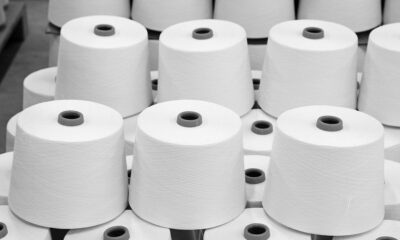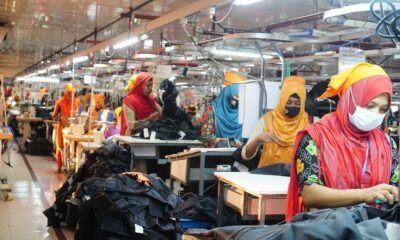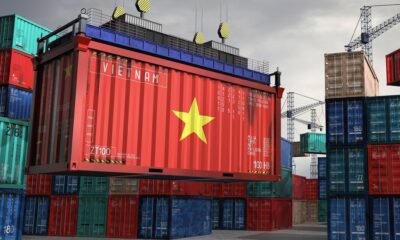Fashion
Polopiqué and StampDyeing suspend production units in Portugal

Published
September 1, 2025
Polopiqué and StampDyeing – Tinturaria, Estamparia e Finamentos, located in Guimarães, Santo Tirso, and Vila Nova de Famalicão, are announcing the suspension of some of their production units in Portugal.
The Polopiqué group alone, which exports to more than 47 countries around the world, with important markets in Angola, Brazil, the United States, Europe, and the Middle East, is closing two factories that are already insolvent and laying off 280 workers, with two more units undergoing restructuring, which may well increase the number of redundancies. Chinese online platforms such as Shein and Temu are being blamed for the decline of the Portuguese textile industry.
According to MaisGuimarães (+G), Têxteis J.F. Almeida S.A, Polopiqué Comércio e Indústria de Confeções, S.A, Polopiqué – Acabamentos Têxteis, S.A, and Stampdyeing, Serviços, Lda have already filed applications for Special Revitalization Processes (PER) with the courts throughout August. The four companies are part of Portuguese textile giants with branches throughout the Ave Valley (Guimarães, Famalicão, and Santo Tirso) that directly employ around two thousand people. In the case of J.F. Almeida, only the credit institutions are affected by a process that aims to reschedule debt in the face of cash flow difficulties, but at Polopiqué there are plans to make almost 300 redundancies.
Also according to +G, Polopiqué Comércio e Indústria de Confeções, with 54.5 million euros in debt, is complaining of difficulties in meeting its commitments. We also remember the turnover of 81.1 million euros in 2024, 19.5% more than in the same period last year, and the net profit of 1.3 million euros, 35.9% more than in 2023.
According to ECO, the group, which has around 800 employees who are expected to be cut in half, has started a restructuring plan that includes revitalization plans and the insolvency of business units.
According to the chairman of the board, Luís Guimarães, the textile group “will maintain the strategic and most profitable activities in its value chain, focusing on areas where it has greater differentiation, control, and operational return. In this way, it will maintain an activity of excellence in the areas of design, logistics and sales, textile finishing, and yarn production,” he told ECO, guaranteeing in a statement that “the restructuring will be conducted with a total sense of social responsibility”.
“The group will move forward with a set of measures aimed at simplifying processes, optimizing the value chain, and strengthening the economic and environmental sustainability of its operations,” it continues, stressing that the “concentration of production capacity in the units with the highest operational performance and flexibility, closing the garment manufacturing and fabric weaving units,” the statement points out.
For its part, StampDyeing, part of the Mabera – Coelima Group, which currently exports around 25% of its production to the US and around 70% to the European market, has not paid salaries for two months to around 100 workers, including vacation pay. Dâmaso Lobo, the administrator of the group that owns the Vimaranense dyeing and printing plant, said that he will meet with the affected employees this Monday, September 1. “With the gas cut off since then, they continue to work 8 hours a day without producing anything,” confirms AbrilAbril.
Also according to the information space, linked to Abril values, which follows national and international news, Dâmaso Lobo had already committed himself, in a meeting with the Textile Union of Minho and Trás-os-Montes (affiliated to the CGTP-IN), to paying off the debts he owes to the affected workers, but so far he has failed to pay the salaries at StampDyeing.
Nevertheless, Coelima’s turnover grew by 15% in 2024, reaching results of 8.5 million euros, with even better expectations for 2025, as Dâmaso Lobo himself confirmed to PortugalTêxtil, which acquired the historic textile company in 2021.
“At Coelima there was talk of profits, but at the expense of StampDyeing. Here we have no wages and no future,” lamented a worker to the newspaper MaisGuimarães, in one of the many protests that took place in August, the month in which a chemical supplier filed for insolvency against the company on the first day, due to lack of payments.
This article is an automatic translation.
Click here to read the original article.
Copyright © 2025 FashionNetwork.com All rights reserved.
Fashion
APAC freight market sees short-term surges, long-term overcapacity: Ti
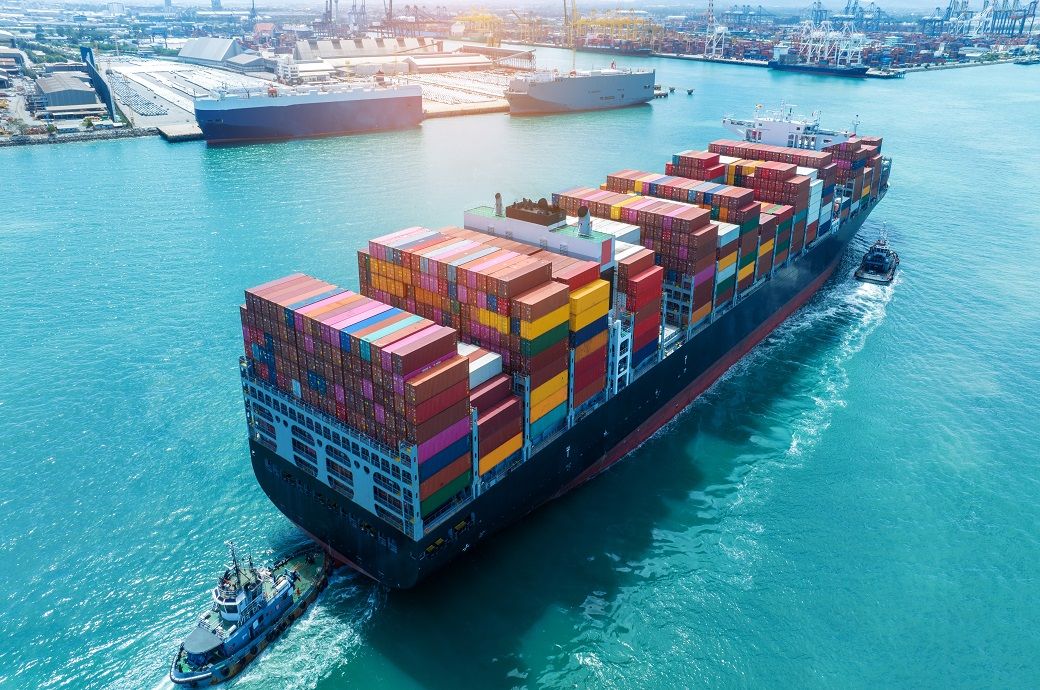
While rates initially jumped in early January, weak underlying demand and the potential return of vessels to the Suez Canal are creating a volatile environment for shippers, it noted.
Carriers pushed through general rate increases (GRIs) in early January this year, briefly lifting China-to-US West Coast rates above $3,000 per forty-foot equivalent unit (FEU). However, these hikes were largely unsustainable due to weak volumes, with rates quickly correcting to the $1,800-$2,200 range by mid-month, the logistics and supply chain market research firm said in an insights brief.
Asia’s ocean freight market is navigating short-term seasonal surges and long-term structural overcapacity, Ti said.
Asia’s air freight market is seeing a significant ‘post-peak’ correction following a record-breaking end to 2025.
Warehousing capacity in the Asia-Pacific is under severe strain in late January as manufacturing slows and labour shortages emerge ahead of the Lunar New Year.
Seasonal demand ahead of the Lunar New Year (starting mid-February 2026) has pushed North Europe rates to roughly $2,700 per FEU as of mid-January. This is a significant recovery from the October 2025 lows of $1,300 per FEU.
Despite a peak ahead of the holiday, Intra-Asia rates have begun to ‘cool’ in mid-January, settling at an average of $661 per 40-feet container as new services and capacity entered the market.
The Asian air freight market is witnessing a significant ‘post-peak’ correction following a record-breaking end to 2025. While rates have dropped sharply from their December highs, demand remains resilient in key high-tech sectors, and a ‘mini-peak’ is expected in late January ahead of the Lunar New Year.
Spot rates from major hubs like Hong Kong and Shanghai fell significantly in early January as year-end peak season demand evaporated.
Despite the rate correction, global air cargo tonnages jumped by 26 per cent in the first full week of January 2026 compared to the end-of-year slump, with the Asia-Pacific region seeing an 8 per cent year-on-year (YoY) increase in chargeable weight.
Volumes from Southeast Asia to the United States rose by 10 per cent YoY in early January, driven by importers continuing to diversify sourcing away from China.
Warehousing capacity in the Asia-Pacific is under severe strain in late January as manufacturing slows and labour shortages emerge ahead of the Lunar New Year.
India closed 2025 with 36.9 million sq ft of warehouse leasing (16-per cent YoY growth), a trend continuing into early 2026 with high demand in Delhi National Capital Region and Chennai.
After a period of oversupply, development pipelines are expected to drop by a third by 2027, making 2026 a critical ‘inflection point’ for occupiers to secure quality space before terms tighten again.
Fibre2Fashion (DS)
Fashion
Vietnam textile-garment sector targets $50 mn in exports in 2026
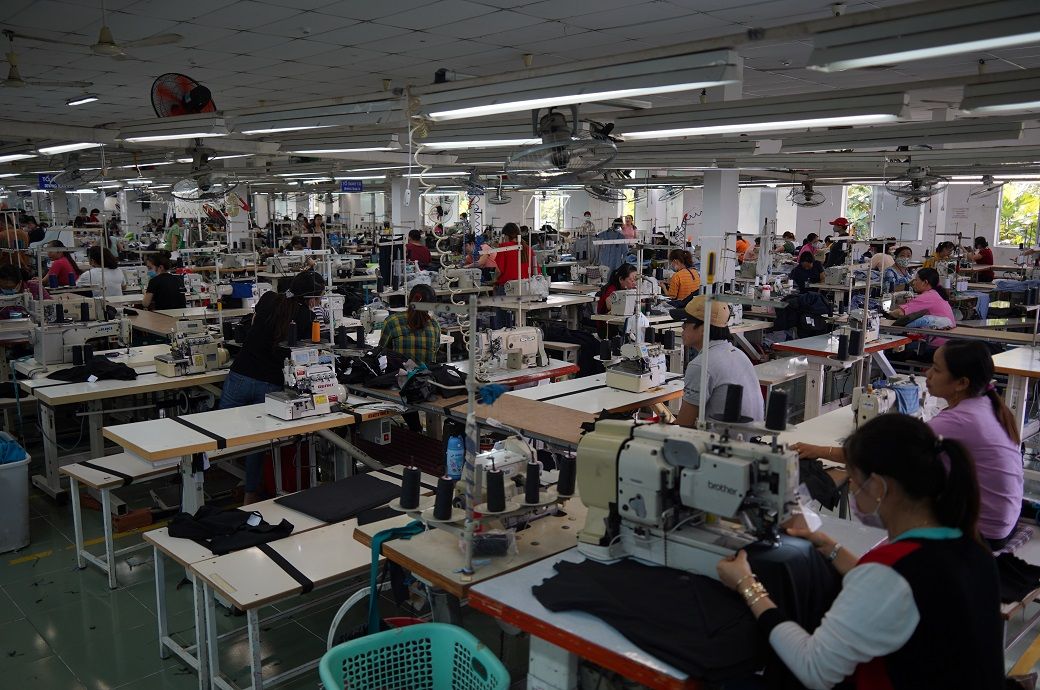
The goal, however, is challenging due to external pressures, including stricter technical barriers, reciprocal tariffs on goods exported to the United States, and the European Union’s Carbon Border Adjustment Mechanism (CBAM) for selected industrial products.
Therefore, major export industries in the country have started restructuring and adjusting strategies early in the year to seize market opportunities.
Following a record export value of $475 billion achieved in 2025—up by 17 per cent YoY—Vietnam aims at adding nearly $38 billion to the figure in 2026.
Major export industries in the country have begun restructuring and adjusting strategies early in the year to seize market opportunities.
The textile and garment sector, which earned $46 billion in 2025, has set a target of $50 billion in exports in 2026.
The textile and garment sector, which earned $46 billion in 2025, has set a target of $50 billion in exports in 2026.
The sector is focusing on strengthening domestic supply chains, raising localisation rates and making more effective use of free trade agreements (FTAs), Vu Duc Giang, chairman of the Vietnam Textile and Apparel Association (VITAS), was cited as saying by a domestic media outlet.
Exports may grow by 15-16 per cent this year, driven by market expansion and a shift towards higher-value products, according to MB Securities’ Vietnam Outlook 2026 report.
Fibre2Fashion (DS)
Fashion
Netherlands’ goods exports to US fall 4.7% in Jan-Oct 2025
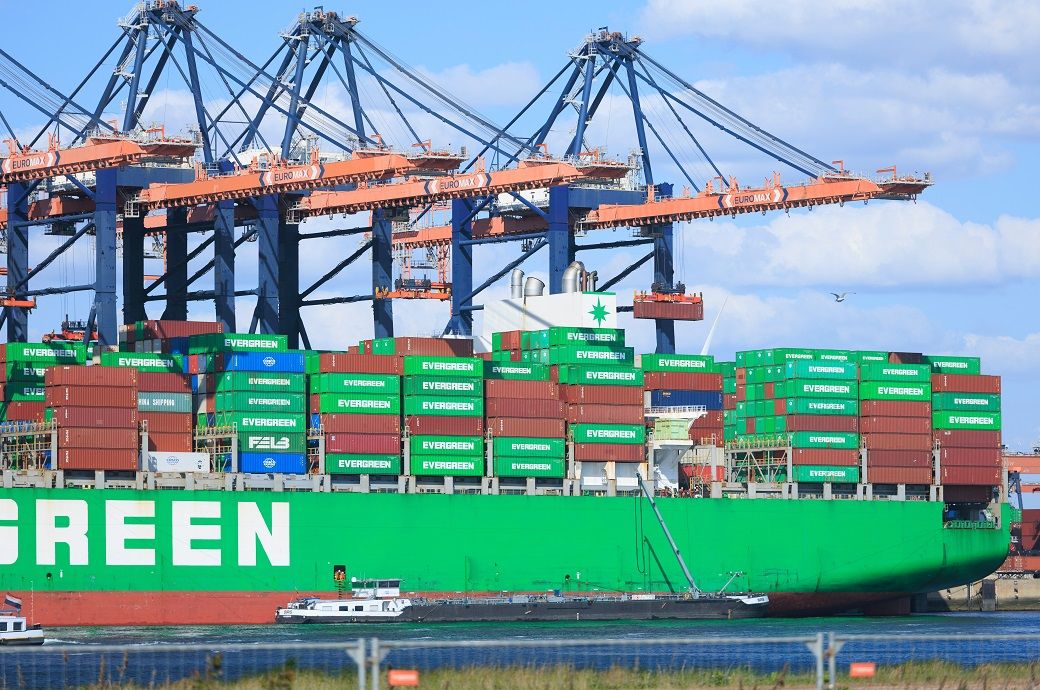
The data showed that the decline was driven mainly by weaker domestic exports, with goods produced in the Netherlands down 8 per cent YoY. In contrast, re-exports to the US rose 3.9 per cent during the period. Exports to the US have fallen every month on a YoY basis since July, CBS said in a press release.
Trade flows were influenced by uncertainty around US import tariffs. In the first half of 2025, trade between the two countries continued to grow, possibly as companies advanced shipments ahead of announced tariff measures.
Goods exports from the Netherlands to the United States fell 4.7 per cent YoY to €27.5 billion (~$33 billion) in the first ten months of 2025, driven by an 8 per cent drop in domestic exports, according to CBS.
Re-exports rose 3.9 per cent, while tariff uncertainty weighed on trade.
Imports from the US increased 1.9 per cent to €48.1 billion (~$57.7 billion).
Meanwhile, imports from the United States rose 1.9 per cent YoY to €48.1 billion (~$57.7 billion) in the first ten months of 2025.
Fibre2Fashion News Desk (SG)
-

 Sports6 days ago
Sports6 days agoPSL 11: Local players’ category renewals unveiled ahead of auction
-

 Entertainment5 days ago
Entertainment5 days agoClaire Danes reveals how she reacted to pregnancy at 44
-

 Tech1 week ago
Tech1 week agoICE Asks Companies About ‘Ad Tech and Big Data’ Tools It Could Use in Investigations
-

 Business6 days ago
Business6 days agoBanking services disrupted as bank employees go on nationwide strike demanding five-day work week
-

 Fashion1 week ago
Fashion1 week agoSpain’s apparel imports up 7.10% in Jan-Oct as sourcing realigns
-

 Sports5 days ago
Sports5 days agoCollege football’s top 100 games of the 2025 season
-

 Politics1 week ago
Politics1 week agoFresh protests after man shot dead in Minneapolis operation
-

 Business1 week ago
Business1 week agoShould smartphones be locked away at gigs and in schools?


